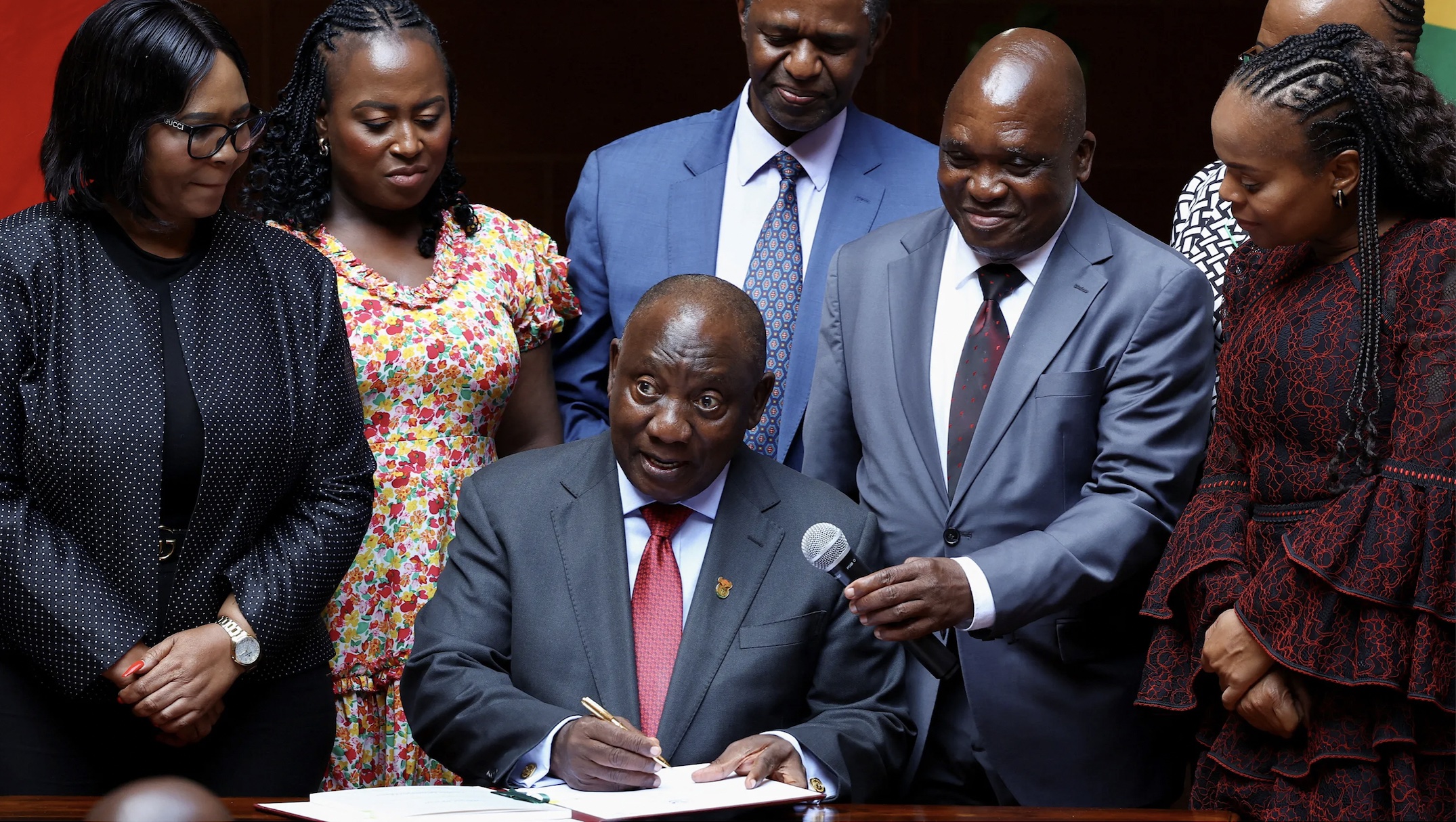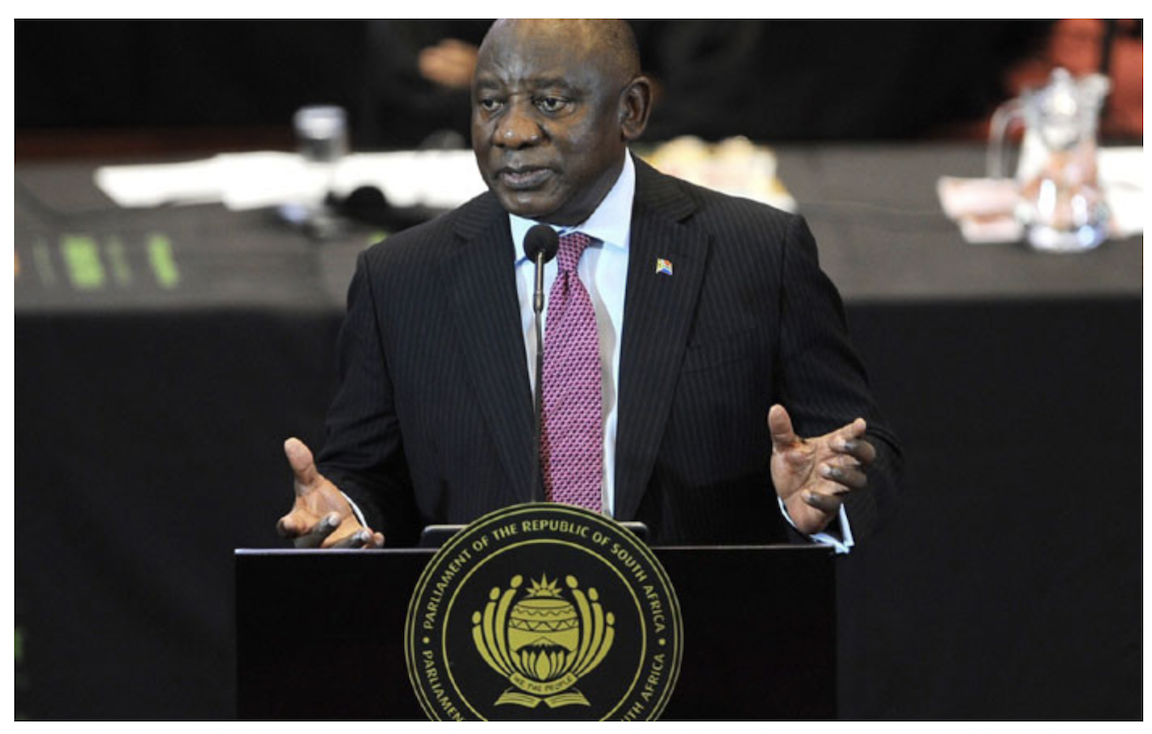President Cyril Ramaphosa has signed the NHI Bill into law, aiming to provide equal access to healthcare, reduce disparities, and tackle poverty. The NHI seeks to make healthcare more affordable and efficient. Implementation will be gradual, involving both public and private sectors, ensuring quality healthcare for all South Africans.
In a significant step towards healthcare reform, President Cyril Ramaphosa has signed the National Health Insurance (NHI) Bill into law, emphasizing its crucial role in providing equal access to healthcare services and addressing longstanding inequalities.
Key Highlights from President Ramaphosa’s Address:
- Efficiency and Quality: President Ramaphosa highlighted that the current provision of healthcare in South Africa is fragmented, unsustainable, and unacceptable. He stressed that the NHI Bill aims to address these issues, ensuring a more efficient and high-quality healthcare system.
- Commitment to Equity: At the core of the NHI is the commitment to eliminate severe disparities in healthcare access. The President emphasized that the NHI is a vital tool in the fight against poverty, as it alleviates the financial burden of healthcare on families, allowing them to allocate resources to other essential needs.
- Affordability: The NHI is expected to make healthcare more affordable. It aims to streamline how healthcare services are paid for, containing comprehensive healthcare costs and ensuring that resources are used more efficiently.
- A Pivotal Moment: Ramaphosa described the signing of the NHI Bill as a pivotal moment in South Africa’s quest for a more just society. He noted the imbalance between the public and private sectors, where the public sector serves the majority under budget constraints, while the private sector serves a smaller portion at a higher cost without proportional health outcomes.
- Reimagining Resource Allocation: Tackling the imbalance in healthcare requires a radical reimagining of resource allocation. The President stated that the challenge in implementing the NHI is not a lack of funds but the misallocation of resources favouring the private sector over public health needs.
- Innovative Funding Approach: The NHI Bill proposes a strategy combining additional funding with the reallocation of existing resources within the health system. Ramaphosa believes that financial hurdles can be overcome with careful planning, strategic resource allocation, and a steadfast commitment to equity.
- Public and Private Sector Collaboration: The NHI Fund will procure services from both public and private providers to ensure that all South Africans have access to quality healthcare. The effective implementation of the NHI relies on collective will and a national commitment to healthcare as a shared treasure.
- Gradual Implementation: The President assured that the NHI will be implemented gradually, not as an overnight event. He encouraged collaboration and solidarity in making the NHI a success, highlighting ongoing improvements in health facilities even in under-resourced areas.
The government has already begun a national quality improvement plan in public and private healthcare facilities, seeing tangible improvements. Ramaphosa called for a collective effort to embrace the NHI to address inequality and inefficiency in South Africa’s healthcare system.





